Everyone wants to profit from the big business with the resource of skilled workers.
“Instead of seeing health workers primarily as a resource that can be exploited, exported and imported, we see them as active players in the provision of health care to the population. They can only play this role in a health system where the focus is not on profit interests but on their work for health care,” says Karen Spannenkrebs, a vdää* speaker on the topic of attracting health professionals.
Different reasons lead people to emigrate to Germany to work in the local health sys-tem, including comparatively higher wages or even employment in their learned profession. Unfortunately, the reality of recruiting and working in Germany is often far from what they were promised. It is not uncommon for the professionals themselves to have to dig deep into their pockets for visas, copies, language courses and flights. In some cases, high fees are still demanded if a professional decides to leave the employment contract before the end of a minimum period. (3)
Nursing professionals are only paid as nursing assistants until their diploma is recog-nised, although they often do the same work as their registered colleagues. Doctors from non-EU countries, whose path to licensure is often long, are initially employed with a professional permit and paid as beginners regardless of their real qualifications – sometimes they don’t even get pay according to collective agreements at all.
However, the biggest problem for the foreign colleagues is probably the same that concerns the health professionals trained in Germany: The economised care structures, in which employees suffer from work intensification and staff shortages against the back-drop of a medicine eroded by the DRG (Diagnosis Related Groups) and profit interests.
The fact that, of all places where there is a shortage of staff, foreign colleagues, some of whom still have insufficient language skills and initial uncertainties about work processes and responsibilities, are expected to fill the gaps, causes considerable problems – once again on the back of patients and health workers. Many recruited professionals suffer from not being able to use their professional knowledge and do a good job under these circumstances. In addition, there are often other problems that new immigrants to Germany experience, such as social isolation, belittlement and racist discrimination.
“For the growing number of colleagues from abroad, there must be binding standards for transparent recruitment, free language courses at a high level and concepts for successful onboarding,” says Karen Spannenkrebs. “And for this induction, we need staff again”. So the point remains: the downward spiral of increasing work density and leaving the job in the hospitals must be stopped. This requires a real revolution in hospital financing – the recent proposals of the German Minister of Health, Karl Lauterbach, will certainly not lead to that revolution.
Instead of glossy advertising in countries of the European and global periphery, we need good working conditions in the hospitals here – for all health workers, regardless of where they were trained.
Notes
- Positionen zur erleichterten Fachkräefteeinwanderung. Gütegemeinschaft Anwerbung und Vermittlung von Pflegekräften aus dem Ausland e.V., Berlin Januar 2023
- Kljajić, Sanja, Nemanja Rujević, und Ajdin Kamber: „The Industry of Leaving“, Mašina English (blog), 26. Dezember 2019, https://www.masina.rs/eng/the-industry-of-leaving/
- correctiv.org. „Wie dubiose Vermittler ausländische Pflegekräfte zur Ware machen“, 25. November 2020, https://correctiv.org/top-stories/2020/11/25/wie-dubiose-vermittler-auslaendische-pflegekraefte-zur-ware-machen/
